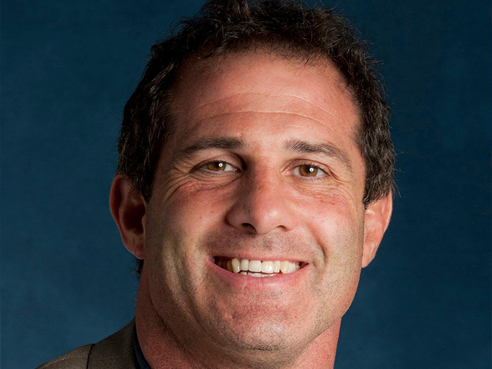Confidence and Fear of Failure
08/28/2018
Mike Hartman, Stanley Cup Champion and National Director for AAU Hockey Development talks about successfully facing your fears.
For an athlete, there is nothing worse than the stunting fear of failure. However, it is human nature to feel the fear of failure. Overcoming this and breaking down that barrier is what makes some of the world's most outstanding athletes great.
An athlete’s confidence can be measured by their ability to handle this fear in a do-or-die situation. When you feel that fear, your body can tense up and actually physically affect your ability to perform. It can be a face off, a winning point, or even the beginning of a big game. These are the moments where that fear is condensed into a very small amount of time. To fix your reaction to game-time decisions , you need to practice using your confidence muscle every time you play your game. Be it in practice or on the surface of competition.
There are several mental exercises that can help build your confidence muscle. But you first must understand that you need to approach confidence in sports with a long-term mindset. This is why I am referring to it as a muscle. It genuinely needs time to grow, confidence does not happen overnight.
You can ask yourself, before the game starts, what's your biggest fear? What situations physically make you feel tense? It will allow you to pinpoint where your insecurity lies and make the idea of “becoming more confident” a lot less overwhelming. For an athlete, coming up with concrete exercises that they need to practice can be very calming. For example, if you are a forward and find yourself tensing up before taking shots lately, dedicate some more time to practicing. While practicing will obviously help, the key to this is admitting your fears to yourself. Nobody is perfect.
Speaking of perfection, you also need to take other players off a pedestal. If you are feeling down on yourself and perhaps comparing with other teammates, the best thing to do is take a step back. Everyone has their strengths and weaknesses. Identify your strengths and appreciate your teammate’s strengths. It will allow you to figure out how to work best with them and improve your overall game. You can even learn to appreciate your opponent’s strengths. It will help you figure out how to defend against them.
And finally, be serious about not taking yourself too seriously! When a sport is your absolute passion and so important to you, the pressures can become so intense and overbearing. You need to remember your love for the game and take off the pressure to win. This is not meant to imply that you undermine your passion and competitiveness, but rather to understand why you are so passionate. Remember what you love and take the darkness out of the equation. If you play for the love of the game and take yourself a little less seriously in terms of pressure, you will find that you feel more confident on the ice or the surface of any competition.
 Email
Email Print
Print








